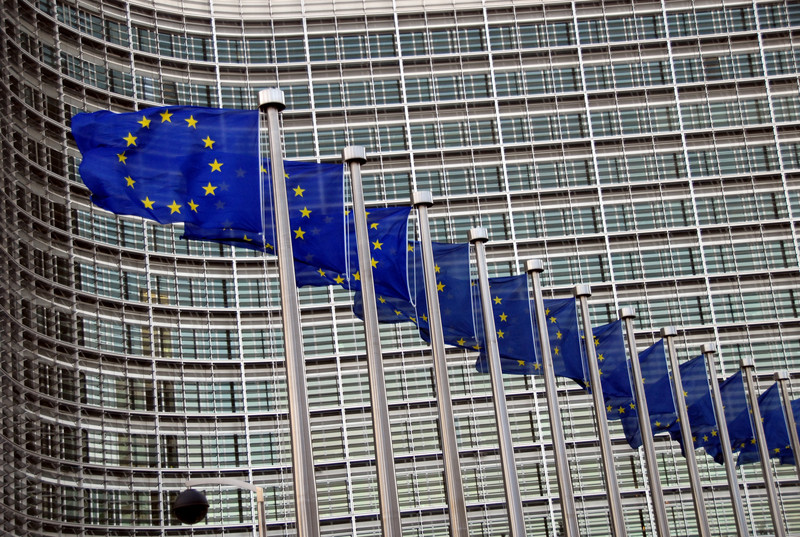EU Council gives final green light to EVFTA
Once Vietnam's National Assembly also ratifies the EVFTA, the agreement can enter into force, most likely in early summer 2020.
The European Council on Monday adopted a decision on the conclusion of the EU – Vietnam Free Trade Agreement (EVFTA).
| Source: European Commission. |
This decision clears the path, on the EU side, for the entry into force of the agreement, said the organization.
Once Vietnam's National Assembly also ratifies the trade deal, the agreement can enter into force, most likely in early summer 2020, it added.
“This agreement is the second one we are concluding with a Southeast Asia country, after Singapore. It is also the most ambitious free trade agreement ever concluded with a developing country,” said Gordan Grlić Radman, minister for Foreign and European affairs of Croatia.
The EVFTA provides for the almost complete (99%) elimination of customs duties between the two blocks. 65% of duties on EU exports to Vietnam will be eliminated as soon as the FTA enters into force, while the remainder will be phased out gradually over a period of up to 10 years.
As regards Vietnamese exports to the EU, 71% of duties will disappear upon entry into force, the remainder being phased out over a period of up to seven years. The EVFTA will also reduce many of the existing non-tariff barriers to trade with Vietnam and open up Vietnamese services and public procurement markets to EU companies.
Additionally, the trade deal contains important provisions on intellectual property protection, labor rights and sustainable development. The EVFTA includes commitments to implement International Labor Organization core standards and UN conventions relating for example to the fight against climate change or the protection of biodiversity.
An investment protection agreement (IPA) was signed at the same time as the FTA, on June 30, 2019 in Hanoi. The IPA will need to be ratified by all member states according to their respective national procedures before it can enter into force. Once ratified, it will replace the bilateral investment agreements that 21 EU members states currently have in place with Vietnam.
The EU is one of Vietnam’s largest trade partners with turnover of US$56.45 billion in 2019, up 1.11% year-on-year, in which the Southeast Asian country exported goods worth US$41.54 billion and spent US$14.9 billion on imports from the EU.
A study from Vietnam’s Ministry of Planning and Investment suggested the EVFTA and EVIPA would help Vietnam’s GDP grow an additional 4.6% and boost the country’s exports to the EU by 42.7% by 2025.
Meanwhile, the European Commission estimated the bloc’s GDP would be increased by US$29.5 billion by 2035, along with additional growth of 29% in exports to Vietnam.













